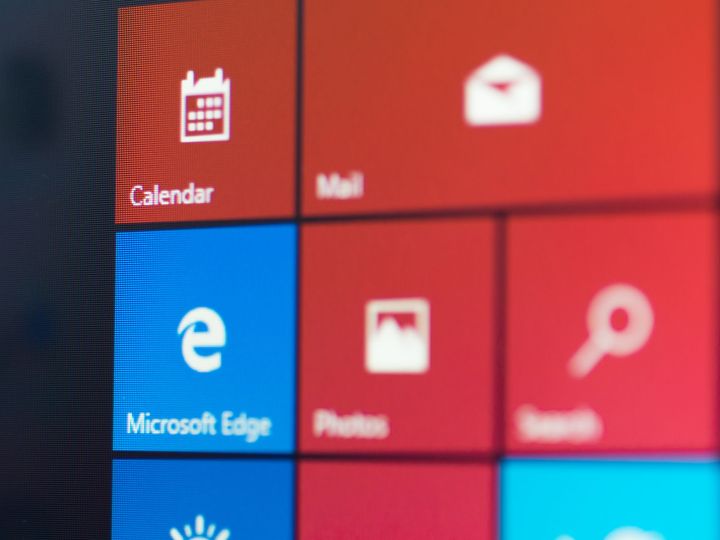
The creation of the Edge browser was another component of this plan, intended to erase some of the consternation tied to the Internet Explorer brand with something fresh and safe to use. While it’s difficult to say whether the application has shaken off the shadow of its predecessor, a new report suggests its security is beyond reproach.
The second annual Edge Summit was held in San Francisco yesterday, and Microsoft used the event to brag about the project’s successes. In the year since it was first made available as Project Spartan in March 2015, the software has had no zero-day exploits and no known exploits targeting it, according to a report from WinBeta.
A zero-day exploit is a vulnerability in software that’s unknown to its creator at the time it’s distributed to users. The significance of this type of exploit is that hackers and other cyber-criminals can begin developing and delivering malicious code, while the software publisher is forced to rush a fix out to its users — once the exploit has been spotted.
Part of Microsoft’s success in making Edge secure has to be attributed to the company’s cautious approach. Preliminary support for extensions was only added to the browser in March of this year, with the company citing security concerns as the reason behind the delay.


